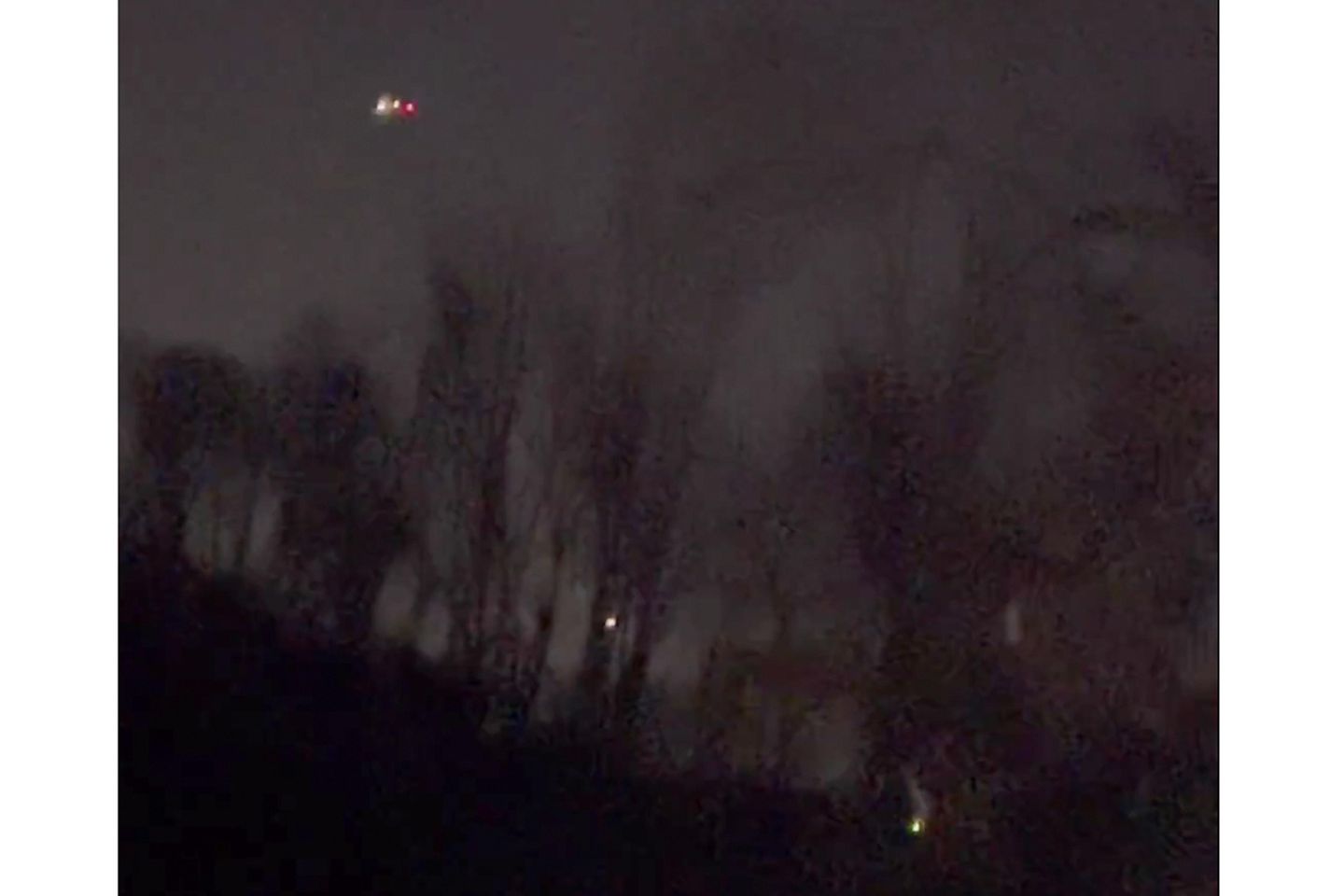
The Federal Aviation Administration began drone-detection testing on the New Jersey coast this week, flying more than 100 commercial drones to see if safety systems pick up on their presence.
The testing, which began Monday and will continue through April 25 in Cape May, comes five months after New Jersey residents began reporting a flurry of unexplained drone sightings. The reports sparked nationwide concern and led the FAA to temporarily ban drone flights in 22 areas in New Jersey as well as 30 in New York.
The FAA will test the drones in areas above the Atlantic Ocean and near the Cape May Ferry Terminal during the daytime and only on weekdays.
“The FAA is doing this to ensure we can properly detect drones in our airspace and make sure they don’t interfere with aircraft navigation systems. … the communities involved have already been alerted and local authorities will be participating with all of these tests,” Secretary of Transportation Sean Duffy said in a video on X Tuesday.
During last year’s drone sightings, then-White House national security spokesperson John Kirby said “there are thousands of commercial, hobbyist and law enforcement drones that are lawfully in the sky on any given day. That is the ecosystem that we are dealing with.” The Biden administration did not identify any risk to the nation or the public.
In January, after entering office, the Trump administration found that the drones had received FAA authorization for research and other purposes and that those drones were later joined by other flying objects launched by hobbyists.
“This was not the enemy,” White House press secretary Karoline Leavitt said in her first press briefing.
The current tests are an expansion of drone detection away from airports, where authorities have been evaluating detection systems for years. The Cape May testing is for the FAA to learn how well drones are detected in a coastal area with a high volume of maritime traffic.
“As drones become a larger part of our skies, it’s essential we understand how to detect and track them – especially in environments where traditional tools fall short,” Hannah Thach, executive director of the FAA’s Alliance for System Safety of Unmanned Aircraft Systems through Research Excellence, told NJ Advance Media.
The public has been asked not to fly their own recreational drones in the area during the testing period.
The FAA has already run similar non-airport tests in Alaska, and the agency plans to conduct similar tests in Mississippi, New Mexico and North Dakota later this year.


![NYC Tourist Helicopter Falls into Hudson River, Siemens Executive and Family Among Those Killed [WATCH]](https://www.right2024.com/wp-content/uploads/2025/04/NYC-Tourist-Helicopter-Falls-into-Hudson-River-Siemens-Executive-and-350x250.jpg)






![Green Day’s Cringe Trump Diss Ends in Fire and Evacuation [WATCH]](https://www.right2024.com/wp-content/uploads/2025/04/Green-Days-Cringe-Trump-Diss-Ends-in-Fire-and-Evacuation-350x250.jpg)
![Red Sox Fan Makes the ‘Catch of the Day’ with Unconventional ‘Glove’ [WATCH]](https://www.right2024.com/wp-content/uploads/2025/04/Red-Sox-Fan-Makes-the-‘Catch-of-the-Day-with-350x250.jpg)
![Bikini Clad Spring Breakers Prove Our Education System is Failing Students [WATCH]](https://www.right2024.com/wp-content/uploads/2025/03/Bikini-Clad-Spring-Breakers-Prove-Our-Education-System-is-Failing-350x250.jpg)





